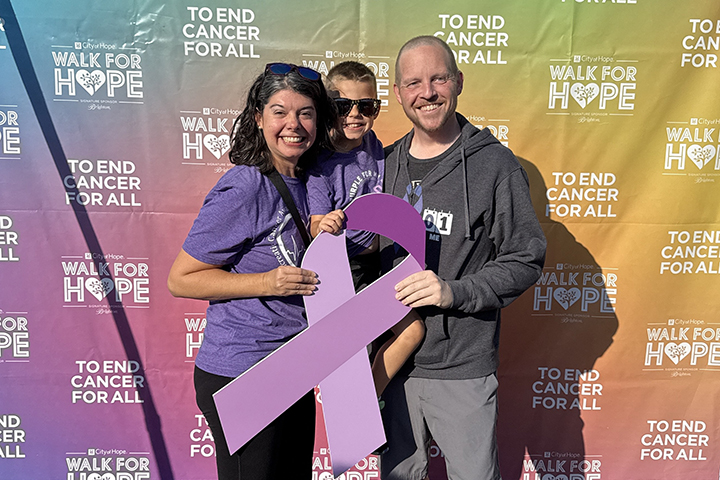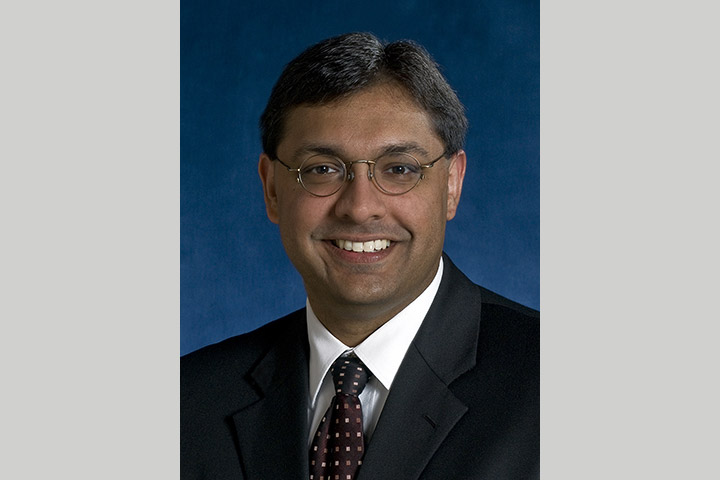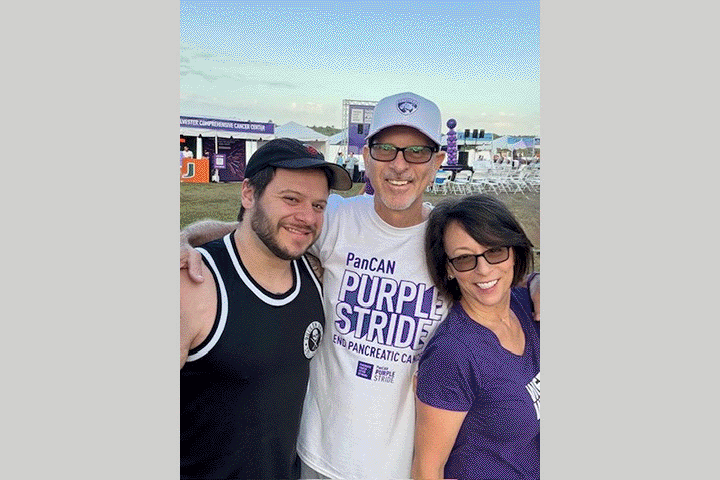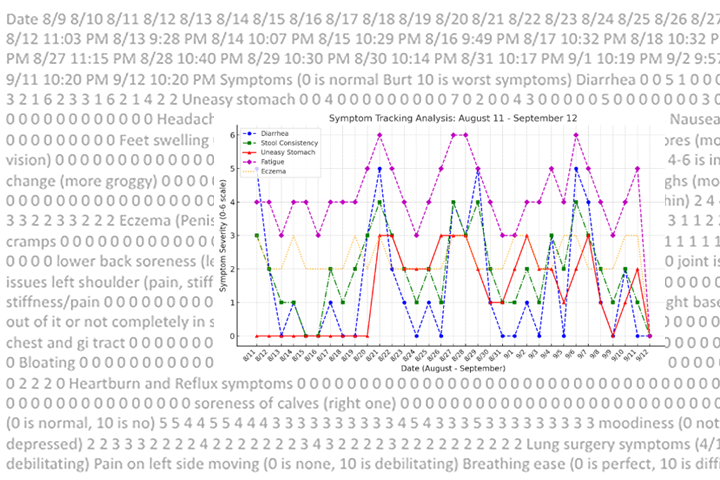In Safe Hands: Selecting the Right Whipple Surgeon
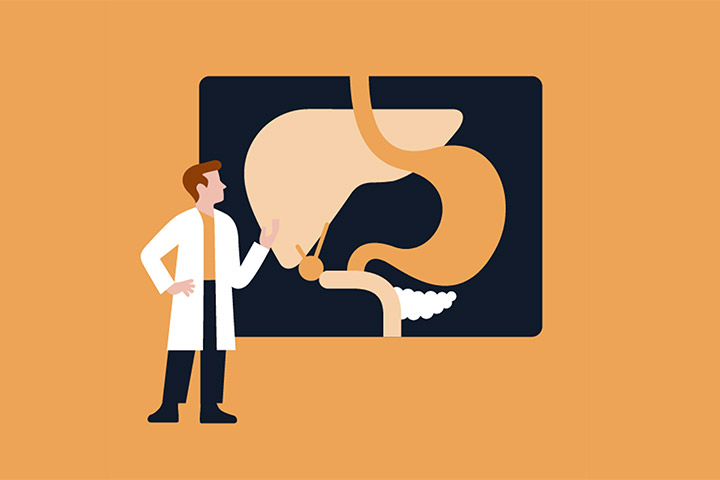
When it comes to picking the right surgeon for a complex surgery like the Whipple procedure (also known as pancreaticoduodenectomy), it quite literally can be a life-or-death choice. So where do you even begin?
Ideally, you would want someone experienced to undertake the complex six-hour surgery. The American Cancer Society recommends finding surgeons and hospitals that perform at least 20 Whipples each year, and the more experienced the surgeon the better off you may be. So, how do you do this?
Interviewing Your Surgeon
Once you are directed to a surgeon, you probably want to interview them for the job. Pancreatic Cancer Action Network (PanCAN) has a list of questions to ask the surgeon to enhance the discussion. These include how many Whipples he or she has performed, and how many are performed at their hospital.
You will want to find out which method your potential surgeon uses. As our article “The Anatomy of a Whipple Procedure” details, there are a few different ways to Whipple, and some are less invasive than others. So you’ll want to find out which method your surgeon wants to use for you, the potential risks and complications, and other logistical facts.
Beyond that, you may also want to consider factors beyond the purely practical. Were you comfortable talking to the surgeon? Is this someone whom you can trust with your life? Did he answer your questions well? Does she seem caring?
Also, did the surgeon ask you good questions? Ideally, they would try to learn about your health, fears, and needs.
Alternative Experience
What if the surgeons available to you have not performed a high volume of Whipple surgeries?
A 2020 study from the University of Michigan of all payer claims data from six large states discovered that despite the recommendations, most Whipple surgeries are carried out by surgeons who perform fewer than two per year. However, the researchers found that surgeons who conducted relatively few Whipples, but did a high volume of anatomically similar surgeries, such as hepatopancreatobiliary (HPB) procedures, had outcomes on par with their colleagues who conducted more Whipples.
“Current volume standards for pancreaticoduodenectomy (and other high-risk operations) may fail to acknowledge the entirety of an individual surgeon’s practice and experience,” the authors wrote. “Leveraging these related procedural volumes may improve procedure-based credentialing standards and better reflect the full scope of surgeons’ practices, especially for surgeons who perform a low volume of certain complex operations.”
Beyond the Surgeon
There’s even more to consider when setting up your Whipple; you want an entire team of experts in your corner, including a great dietitian who can guide you through the changes you’ll face after the procedure, some of which can be significant. The Whipple rearranges your digestive system, and the results can permanently alter how and what you can eat.
This surgery affects how your body digests food, which means what and how you eat may be completely upended. Some people become diabetic; others require enzymes and supplements; and others are hardly affected. High-volume hospitals will likely have a dietitian who can work with you after surgery.
You may also want to talk to someone who has been through the procedure. PanCAN’s Survivor and Caregiver Network includes volunteers available to be matched with patients and caregivers to share their experiences, provide encouragement, and offer support before and after the surgery.
Help Finding Experts
If you are unsure of how to find an expert, you have a number of options. Advocacy organizations may be able to provide names of experts in your area. Let’s Win maintains a list of hospitals with pancreatic cancer programs, and these facilities are a good place to start.
PanCAN’s Patient Services team maintains a listing of surgeons that care for a high-volume of people with pancreatic cancer, and can point patients in the direction of ones who are close to their home or in an area the patient may be able to travel to. “PanCAN recommends that patients seek out a high-volume pancreatic surgeon (more than 15 surgeries per year) to perform the surgery,” says Fatima Zelada-Arenas, M.A., senior manager of patient services.
